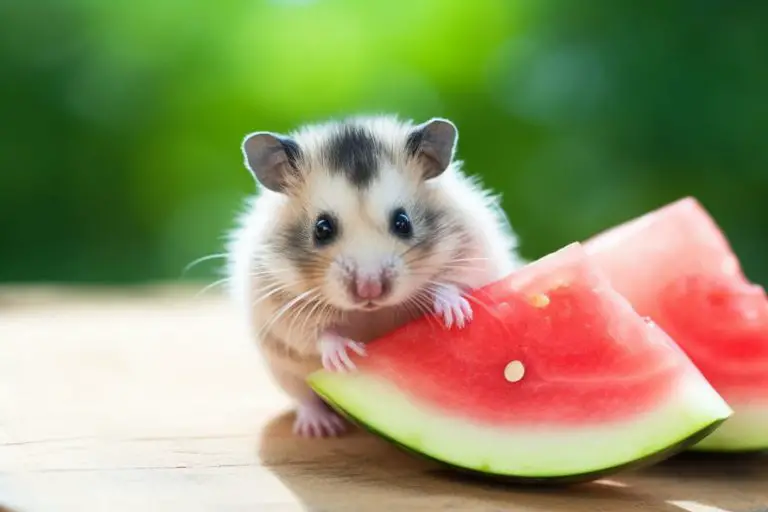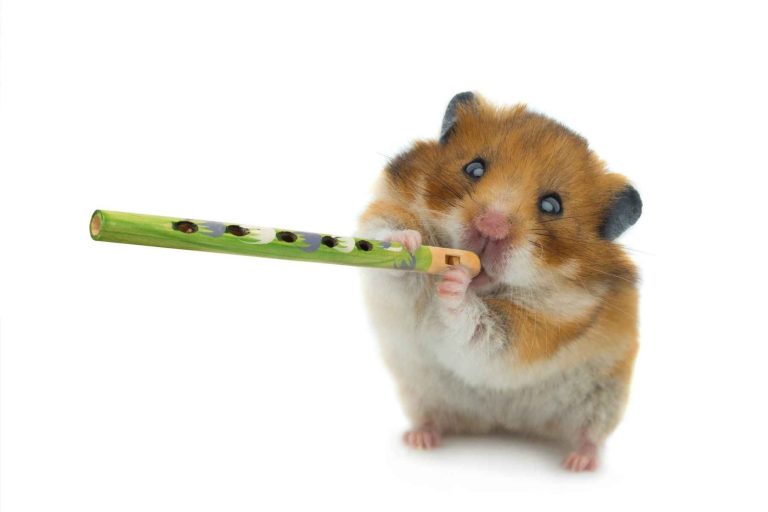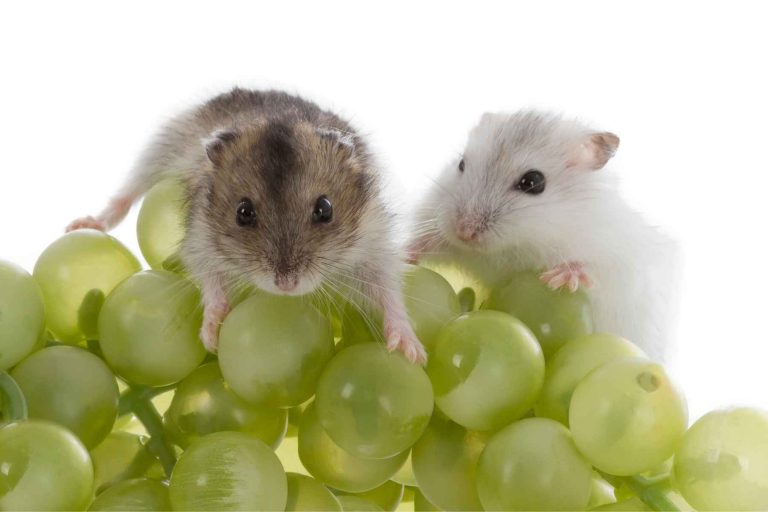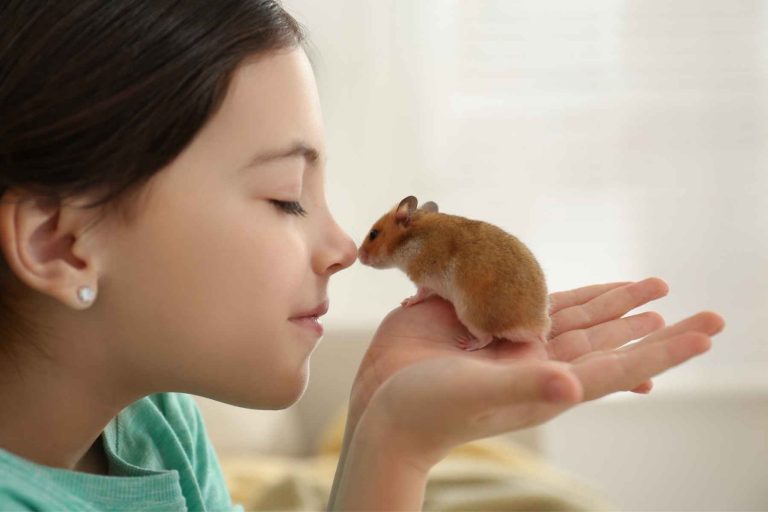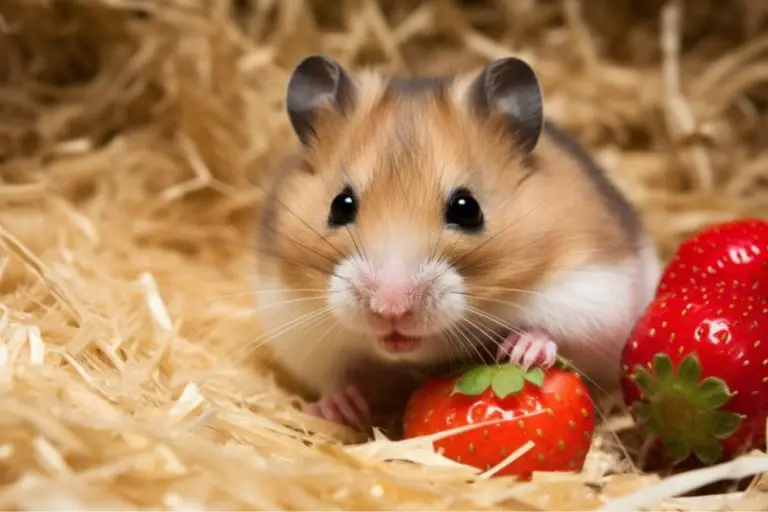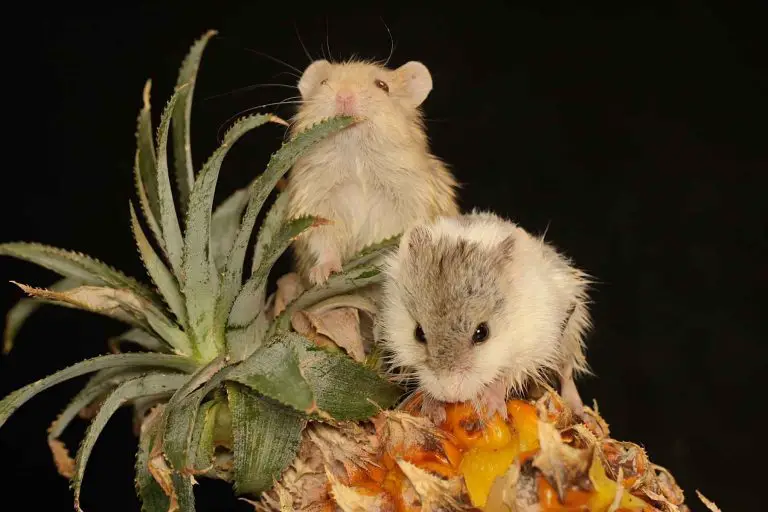Do Hamsters Like the Dark?
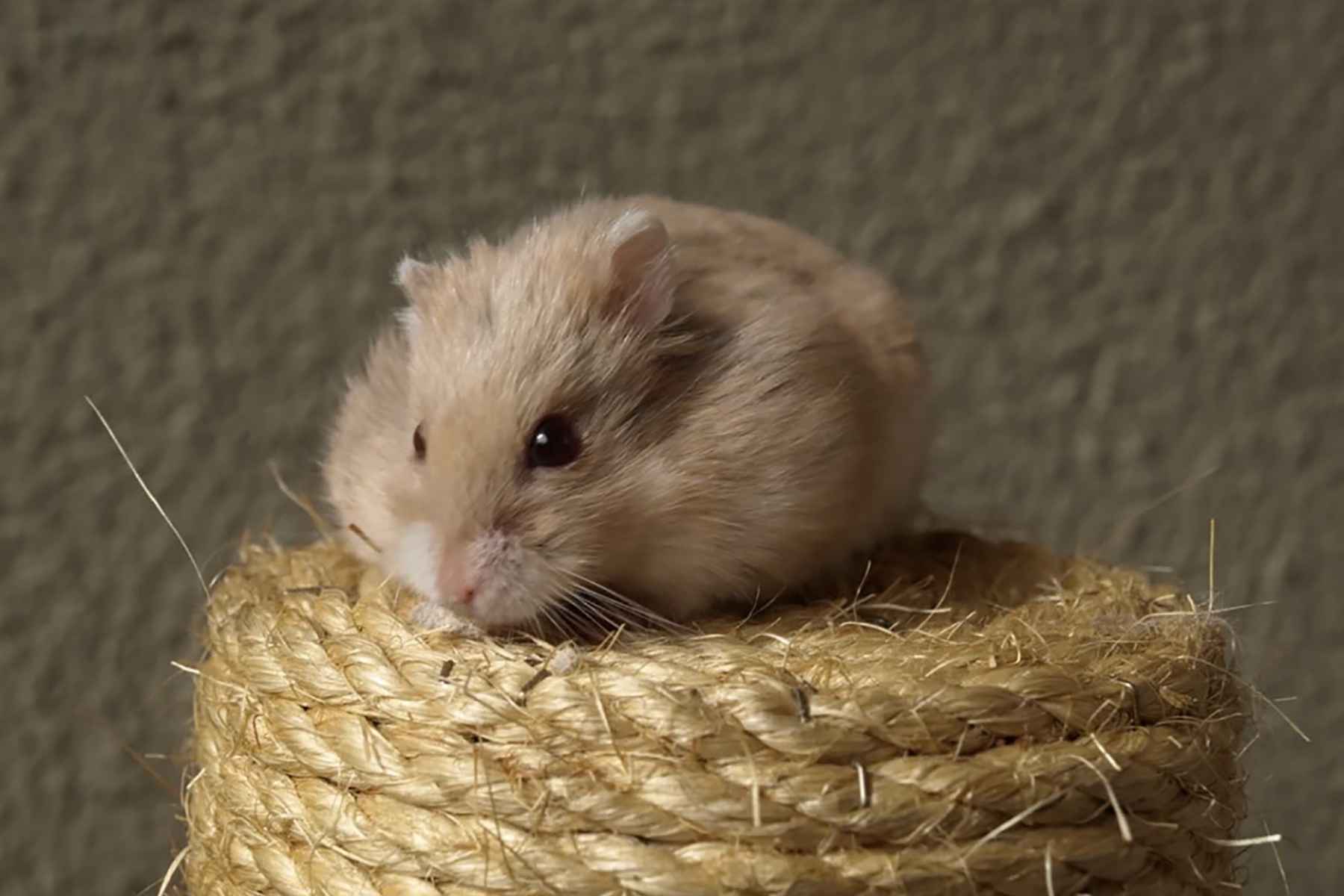
Hamsters are our favorite little bundles of joy. They are adorable, easy to care for, and have an exuberance of personality.
They offer so much happiness through their antics, but if you’ve ever made the rookie mistake of having their cage in your bedroom and been awoken by your hamster hitting the gym for some cardio as soon as you go to bed, then you know how frustrating it can feel.
Why are hamsters constantly stomping around their cage in the dark? Are they stressed? Do they need something? Do hamsters like the dark?
Hamsters are crepuscular and prefer being active at dusk and dawn. They can see better in low light and dim environments but not in pitch blackness. In sunlight, they are prompted to sleep when they see UV light.
A lot of exciting biology goes behind how hamsters see the world and how they regulate their sleep cycle. Just rest assured, your hamster isn’t trying to get revenge on you by waking you up in the wee hours of the morning.
This article will dive into why hamsters prefer the dark and are better adapted to a low-light environment.
What do Hamsters Like about the Dark?
Before diving in, it’s worth noting that hamsters are not truly nocturnal. Instead, they are crepuscular, which means that they are most active around dusk and dawn, although the time they are awake varies among species.
Many prey animals also prefer these conditions. The low light helps them avoid being spotted by predators. Let’s face it― hamsters don’t have much in the way of a defense mechanism. They are small and mostly helpless against larger animals.
Their claws offer them a small degree of protection in an emergency, but hamsters operate on a strict ‘don’t be seen’ lifestyle in the wild.
For your domestic fluffball, despite the lack of snakes or owls roaming around, your hamster’s survival instincts are still very much ingrained as a domestic animal.
Your hamster might freak out if you make a loud noise near the cage. He’s interpreting those noises as potential threats and is listening fearfully for further alarming noises.
When the lights are off at home, your hamster feels much less threatened by those threats. Whether perceived or real, a proper day/night cycle for your hamster is essential for their overall wellbeing.
So, don’t be surprised when you hear your hamster scrabbling at their food bowl late at night― they likely don’t need anything. It’s just a natural survival instinct that’s ingrained in them.
Can Hamsters Survive in the Day?
Hamsters can adapt to the same schedule as their owners. Some promote the idea of shifting their sleep schedule by waking your hammy up 15 minutes earlier each day until they’re aligned with roughly the same schedule as you, but we wouldn’t recommend this.
Adjusting the sleep schedule is difficult and unreliable, but it’s just not suitable for the hamster. How would you feel if someone woke you up 15 minutes earlier every day to get you on a nighttime schedule?
A hamster that’s accosted in this way will be much crankier and more prone to biting. It’s hard to develop a meaningful and mutually beneficial relationship with your hamster if you’re waking them from sleep all the time.
Let them get their beauty rest. Hamsters are much more receptive to play and handling during their waking hours, so be sure to learn your hamster’s natural schedule for best results.
On the flip side, if your activity is constantly waking your hammy, it might be better to help them establish a more consistent routine to be more naturally awake when the house is loudest.
Wake your hamster gently using a low tone of voice at the same time each day so that they are not being awoken frightfully.
To repeat, it’s not healthy to try and turn your hamster into a full-fledged diurnal (awake during the day) animal, but utilizing gentle wakeups at the same time each day may help reduce stress in cases where the house is going to be loud as they sleep.
Putting the cage out of the regular line of traffic in your house serves a double benefit: it lets your hammy get the rest they need without being disturbed by your coming and going, and it means that you’re not bothered by the sounds of the wheel late at night.
Incorporating an enclosed space ideal for hiding out is a great idea to let your hamster have a dark, safe environment to relax or sleep in.
Since hamsters prefer the low light, they may want to tunnel during the day. As such, another quintessential aspect of a suitable environment for them is proper bedding.
This gives them a clean cage that prevents the spread of infection, but it also offers a perfect substance to encourage natural burrowing behavior.
During the daytime, you may discover your hamster burrowing a lot more. This is a healthy part of a hamster’s lifestyle, offering warmth and protection from potential predators.
Poor Eyesight
Another reason hamsters like the dark are that they don’t have very good eyesight, and exposure to sunlight can harm their eyes. Remember, in the wild, they spend most of the daytime after dawn in their burrows.
UV light from the sun signals to the hamster that it is time to sleep. As such, adding a UV light to your cage or tank will only confuse or stress your little hammy and mess up his sleep schedule.
Therefore, there’s no need to add artificial lights or cover the cage during the day.
The natural light is more than enough indicator for when your hamster needs to sleep, and impairing or changing the light environment will only mess up his biological clock.
Not only does UV light (yes, artificial lights have UV too) play a part in your hamster’s sleep schedule, but daylight can also hurt your hamster’s eyes if you aren’t careful.
Because of how tuned in a hamster’s eyes are for seeing in low-light environments, an excess of light can harm their sensitive eyes. As such, you should avoid putting their cage anywhere that receives a lot of direct sunlight.
The other extreme can be stressful for a hamster, too― hamsters can’t see if it’s pitch black. That’s why they’re active more at dusk and dawn rather than the night’s late hours, although the exact sleep schedule does vary among species.
Therefore, covering the cage can take away too much light for your hammy to see well, creating a stressful environment rather than a relaxing one.
How Do Hamsters Survive Without Good Eyesight?
Hamsters can only see a few inches in front of their nose, albeit in a wide field of vision. To accommodate their lack of good eyesight, their other senses, namely hearing and smell, are more acute.
Their sense of smell is vital for finding suitable food sources, and their ears are equipped to hear a variety of noises and determine whether there’s any danger.
Your hamster might be alarmed if you wake them up suddenly with any loud noises while they’re trying to get some shuteye.
Hamsters rely heavily on these biological features to assess threats and locate food, so you should avoid loud noises when you approach the cage, especially if your hammy is asleep!
As sad as it may seem, hamsters can’t recognize your face by sight― all they know is that there’s ‘something’ there.
They can, however, recognize you by smell and the sound of your voice, which is why talking to your hamster in a low, soothing voice is a good practice whenever you are handling them.
Final Thoughts
Hamsters are an often-misunderstood pet, and many people think that they don’t have a regular sleeping pattern at all. Still, the truth is that in the wild, hamsters operate on a crepuscular schedule― primarily active at dusk and dawn.
The presence of artificial lights and other factors such as noise and owner schedule can confuse a hamster and mess with its natural sleep schedule.
However, Hamsters prefer low light environments, although not entirely pitch black, because their prey instinct informs them that these conditions are safest for foraging and exploring.
The presence of UV light is a biological indicator to a hamster that it is time to find somewhere safe to sleep. Sunlight can also hurt a hammy’s sensitive eyes, so they prefer dim light. Their eyes are better adjusted in such conditions.
Now that you know why your hamster is making such a racket when the rest of your family is heading off to bed, maybe you can start to appreciate just how complex and beautiful these pets are.

